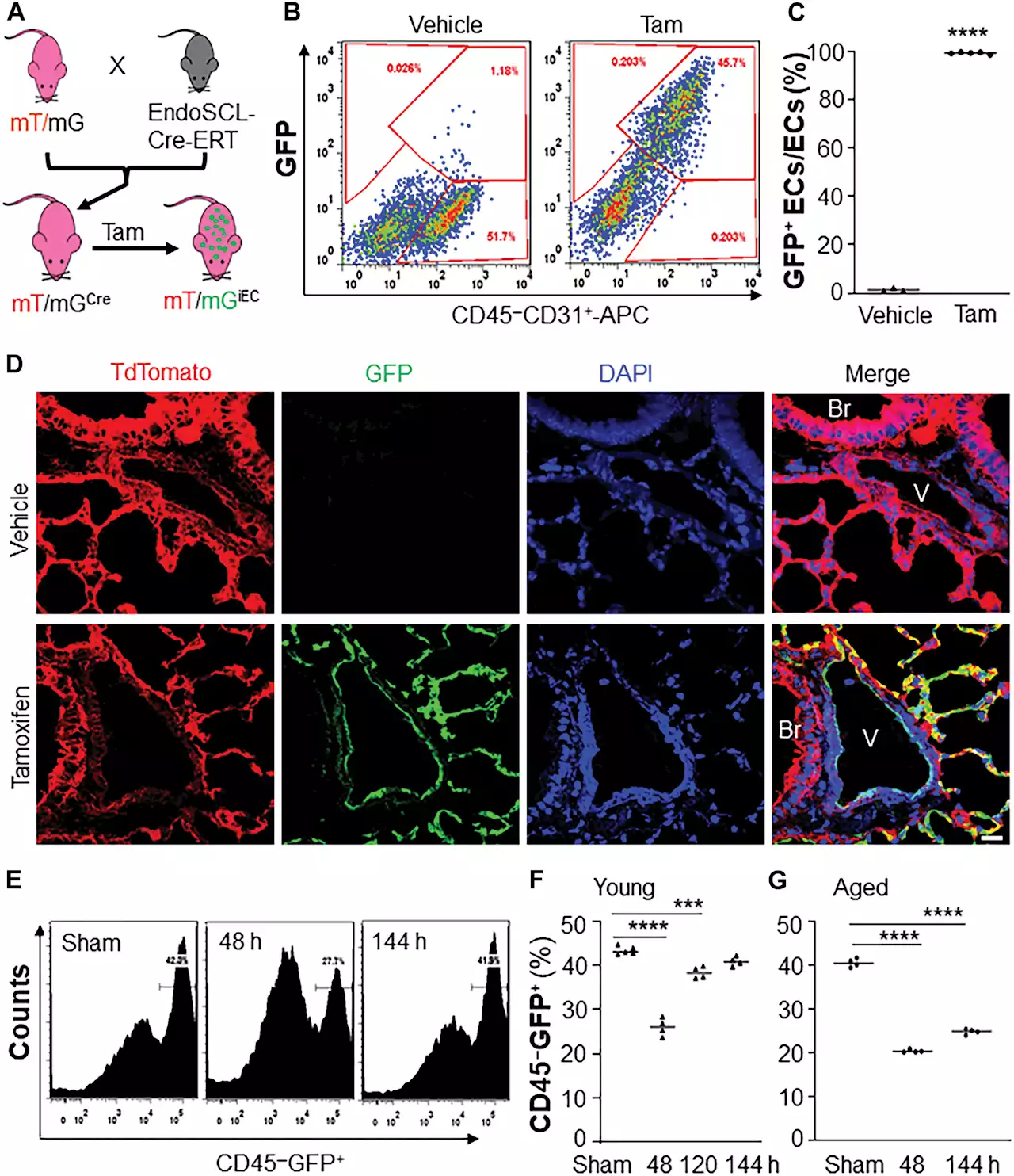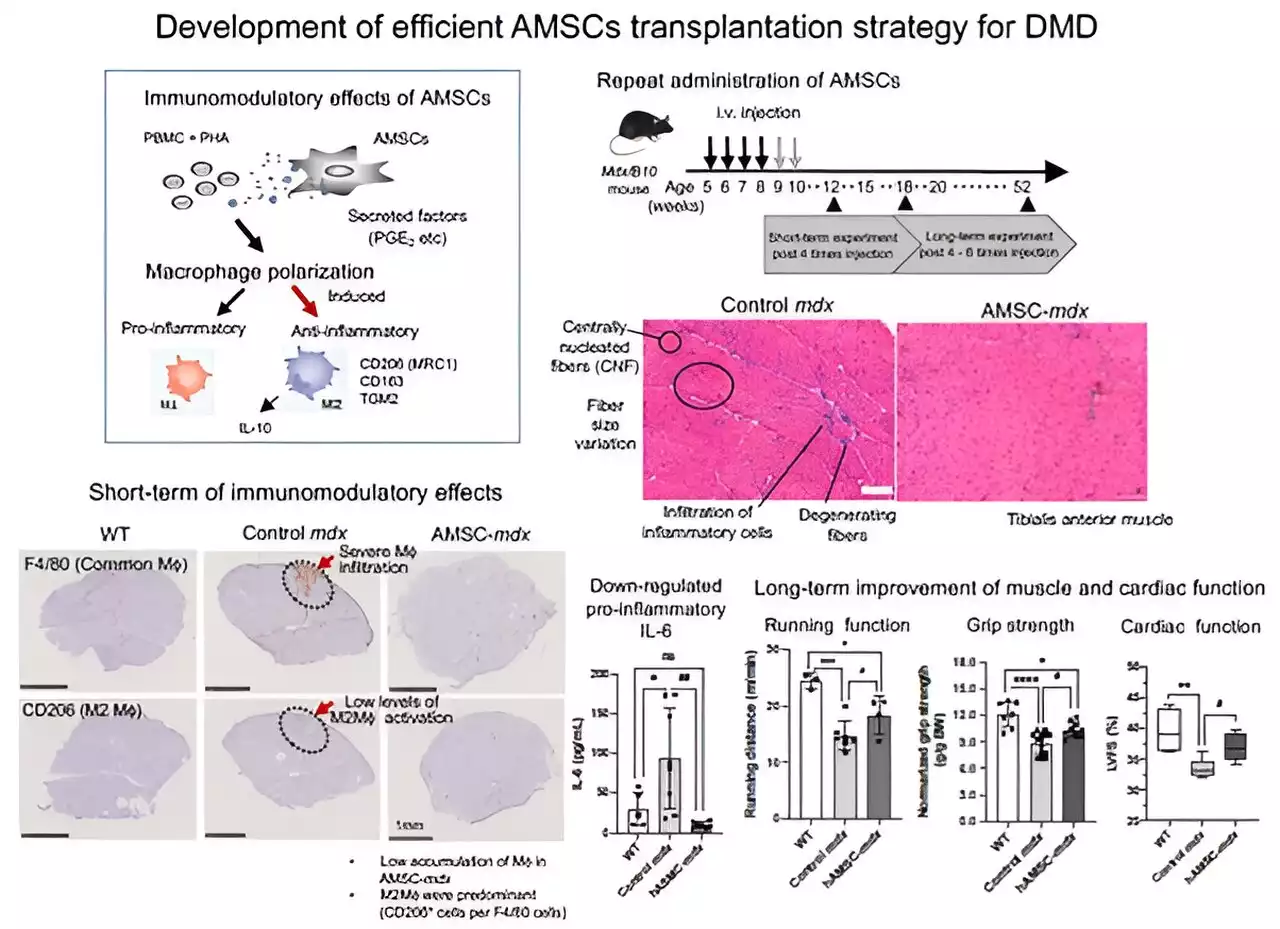Another team is harnessing nature's own algorithm to solve problems faster than classical computers
Practical quantum computers are still on the horizon, but scientists continue to make improvements in the underlying technology required to make such systems possible.
An international team of researchers, led by the University of Cambridge, said it has found a way to control the interaction of light and the spin of electrons, making them behave like tiny magnets that could be used for quantum applications, and which works even at room temperature. The Cambridge research involves organic semiconductors, similar to those used to emit light in digital displays such as computer screens. In the research, they are used to create molecular units connected by tiny"bridges," and applying light to these bridges was found to make electrons on opposite ends of the structure connect by aligning their spin states. These electrons remain aligned via their spins even if the bridge is then removed.
Organic semiconductors have not yet been widely studied for quantum applications, such as quantum computing or quantum sensing, according to Sebastian Gorgon, first author on the research paper and Bye-Fellow at Cambridge's Cavendish Laboratory.
Danmark Seneste Nyt, Danmark Overskrifter
Similar News:Du kan også læse nyheder, der ligner denne, som vi har indsamlet fra andre nyhedskilder.
 Next-generation sequencing provides novel insights into the mechanisms underlying autism and myotonic muscular dystrophyThe pathomechanistic connection between autism and myotonic muscular dystrophy type 1.
Next-generation sequencing provides novel insights into the mechanisms underlying autism and myotonic muscular dystrophyThe pathomechanistic connection between autism and myotonic muscular dystrophy type 1.
Læs mere »
 Study shows arterial stiffness as a novel cause of premature heart damage among adolescentsArterial stiffness is a novel cause of premature heart damage among adolescents, according to a new follow-up study.
Study shows arterial stiffness as a novel cause of premature heart damage among adolescentsArterial stiffness is a novel cause of premature heart damage among adolescents, according to a new follow-up study.
Læs mere »
 Study discovers novel therapeutic target for acute respiratory distress syndromeA new Northwestern Medicine study has discovered a novel therapeutic target and therapeutic agents for older patients with acute respiratory distress syndrome (ARDS), according to recent findings published Aug. 16 in Science Translational Medicine.
Study discovers novel therapeutic target for acute respiratory distress syndromeA new Northwestern Medicine study has discovered a novel therapeutic target and therapeutic agents for older patients with acute respiratory distress syndrome (ARDS), according to recent findings published Aug. 16 in Science Translational Medicine.
Læs mere »
 Novel stem cell transplantation strategy to treat Duchenne muscular dystrophyDuchenne muscular dystrophy (DMD) is a common progressive muscular disorder. It is an X-chromosome-linked disorder that gradually weakens various muscle groups including those supporting the heart, thus resulting into early death. While steroids are widely used to regulate severe inflammation in patients with DMD, they are known to cause serious adverse effects.
Novel stem cell transplantation strategy to treat Duchenne muscular dystrophyDuchenne muscular dystrophy (DMD) is a common progressive muscular disorder. It is an X-chromosome-linked disorder that gradually weakens various muscle groups including those supporting the heart, thus resulting into early death. While steroids are widely used to regulate severe inflammation in patients with DMD, they are known to cause serious adverse effects.
Læs mere »
 The novel way to see a European region loved by locals, with lakes, castles and wild swimmersThe only river cruise on the Vltava passes through countryside where Czechs go on holiday and visits Archduke Ferdinand’s final residence
The novel way to see a European region loved by locals, with lakes, castles and wild swimmersThe only river cruise on the Vltava passes through countryside where Czechs go on holiday and visits Archduke Ferdinand’s final residence
Læs mere »
 Novel treatment based on gene editing safely and effectively removes HIV-like virus from genomes of non-human primatesA single injection of a novel CRISPR gene-editing treatment safely and efficiently removes SIV—a virus related to the AIDS-causing agent HIV—from the genomes of non-human primates, scientists at the Lewis Katz School of Medicine at Temple University now report. The groundbreaking work complements previous experiments as the basis for the first-ever clinical trial of an HIV gene-editing technology in human patients, which was authorized by the Food and Drug Administration (FDA) in 2022.
Novel treatment based on gene editing safely and effectively removes HIV-like virus from genomes of non-human primatesA single injection of a novel CRISPR gene-editing treatment safely and efficiently removes SIV—a virus related to the AIDS-causing agent HIV—from the genomes of non-human primates, scientists at the Lewis Katz School of Medicine at Temple University now report. The groundbreaking work complements previous experiments as the basis for the first-ever clinical trial of an HIV gene-editing technology in human patients, which was authorized by the Food and Drug Administration (FDA) in 2022.
Læs mere »
